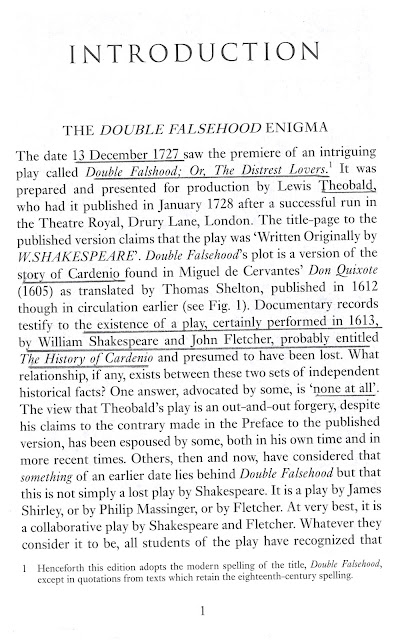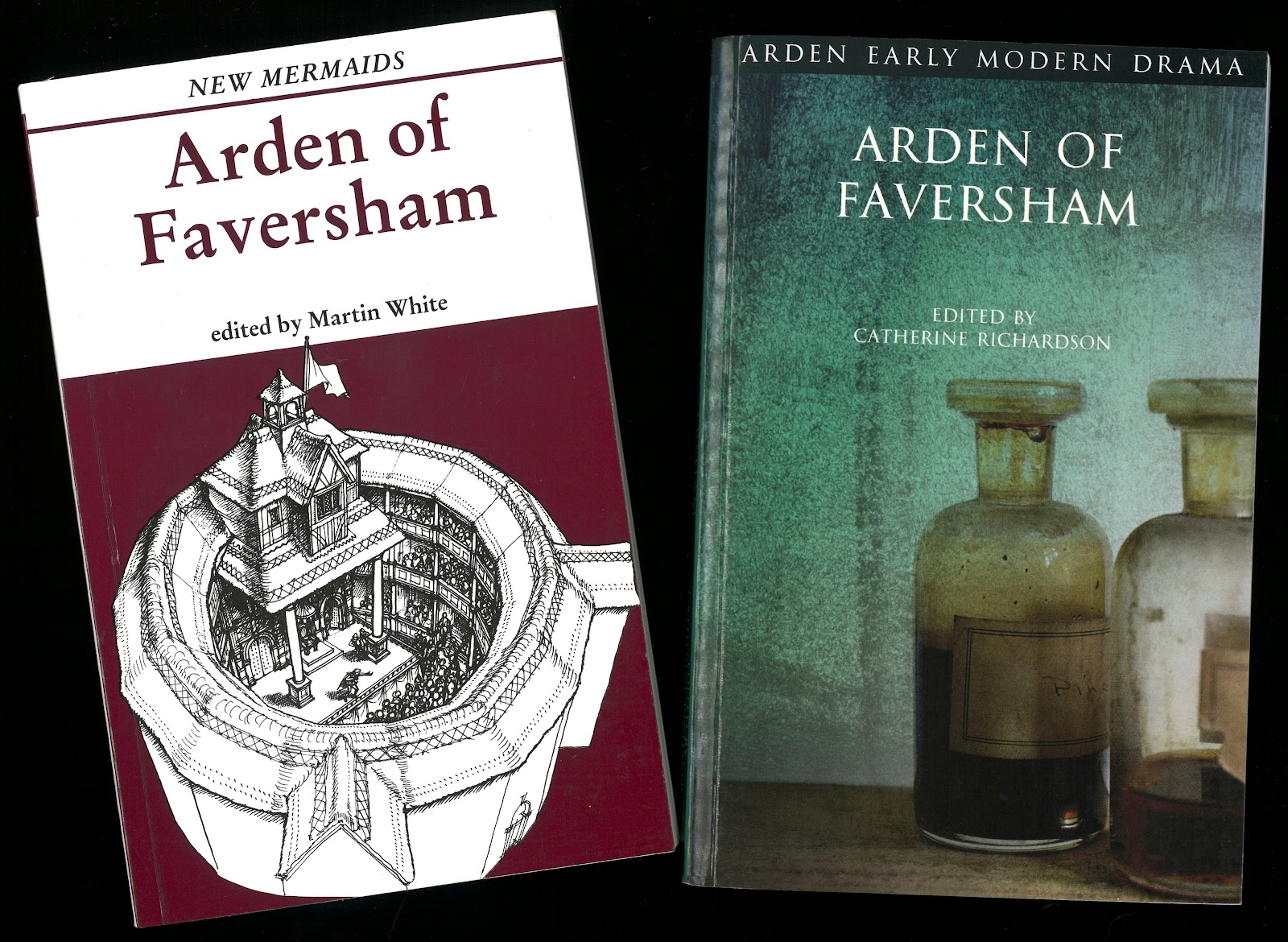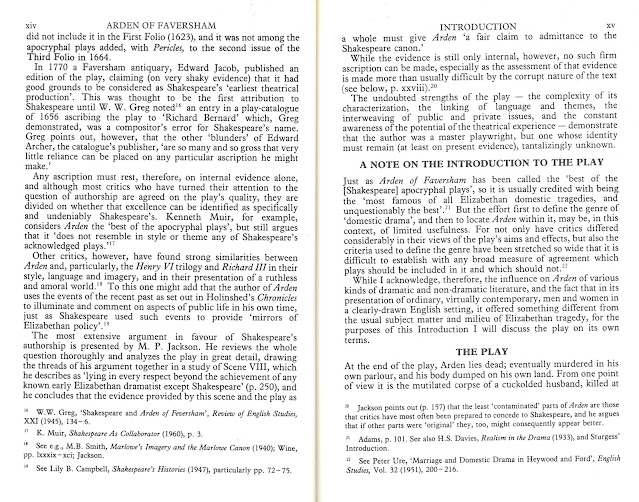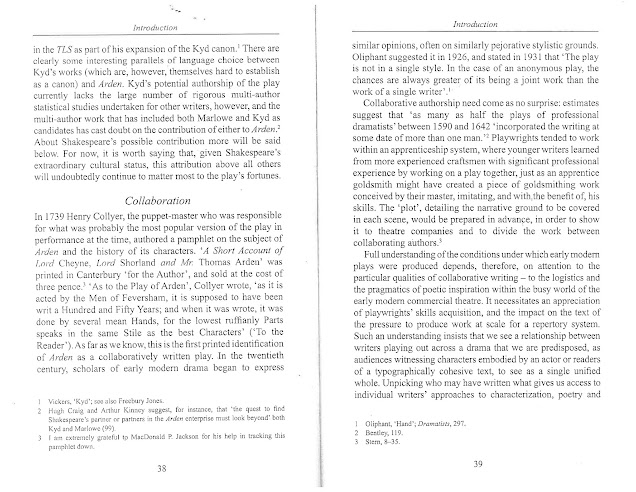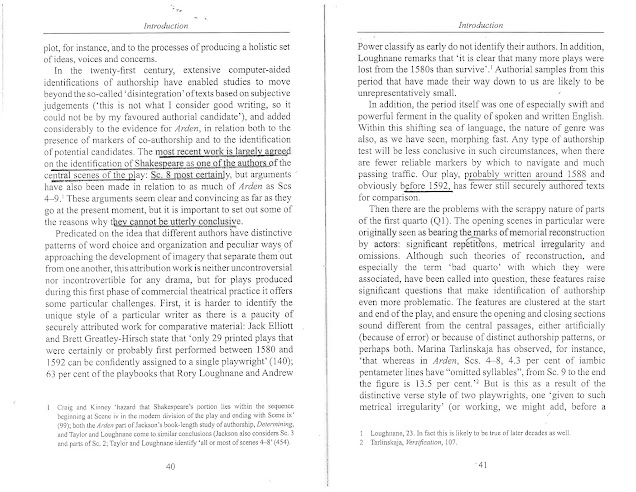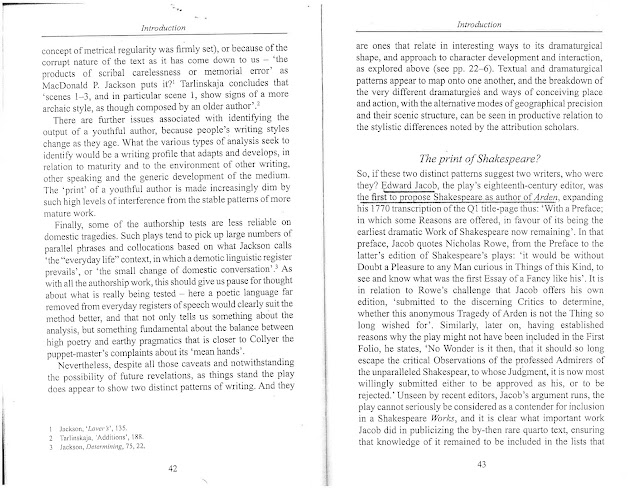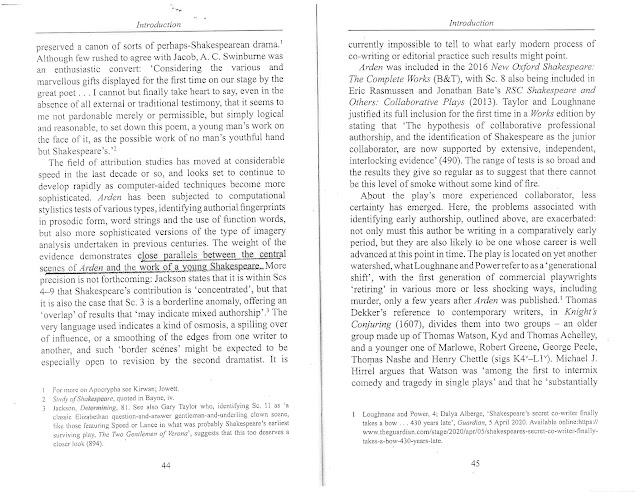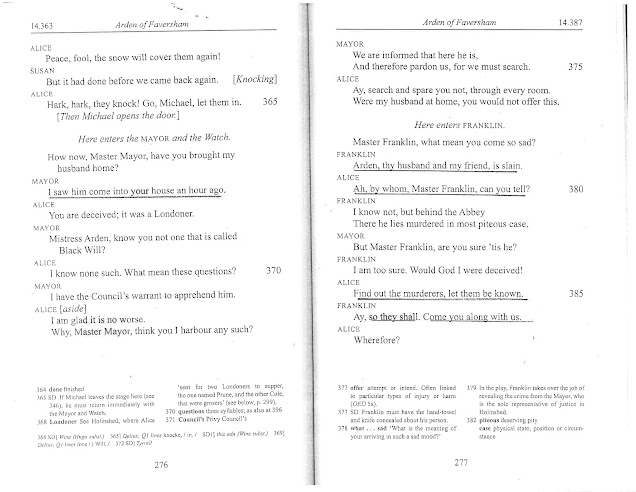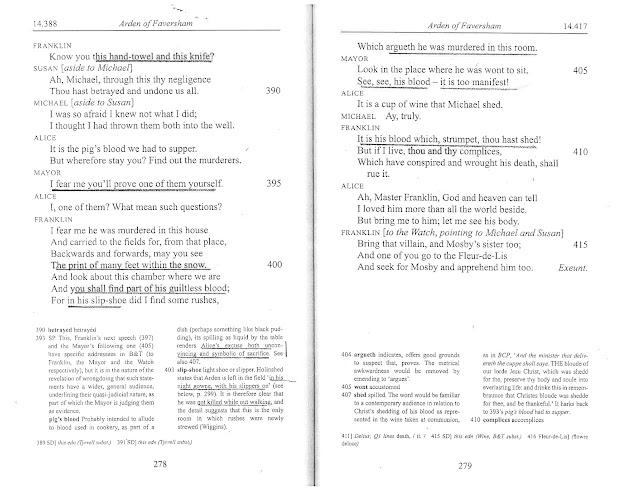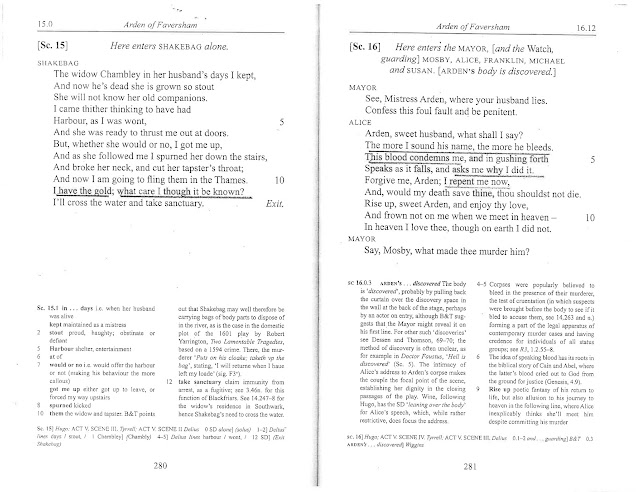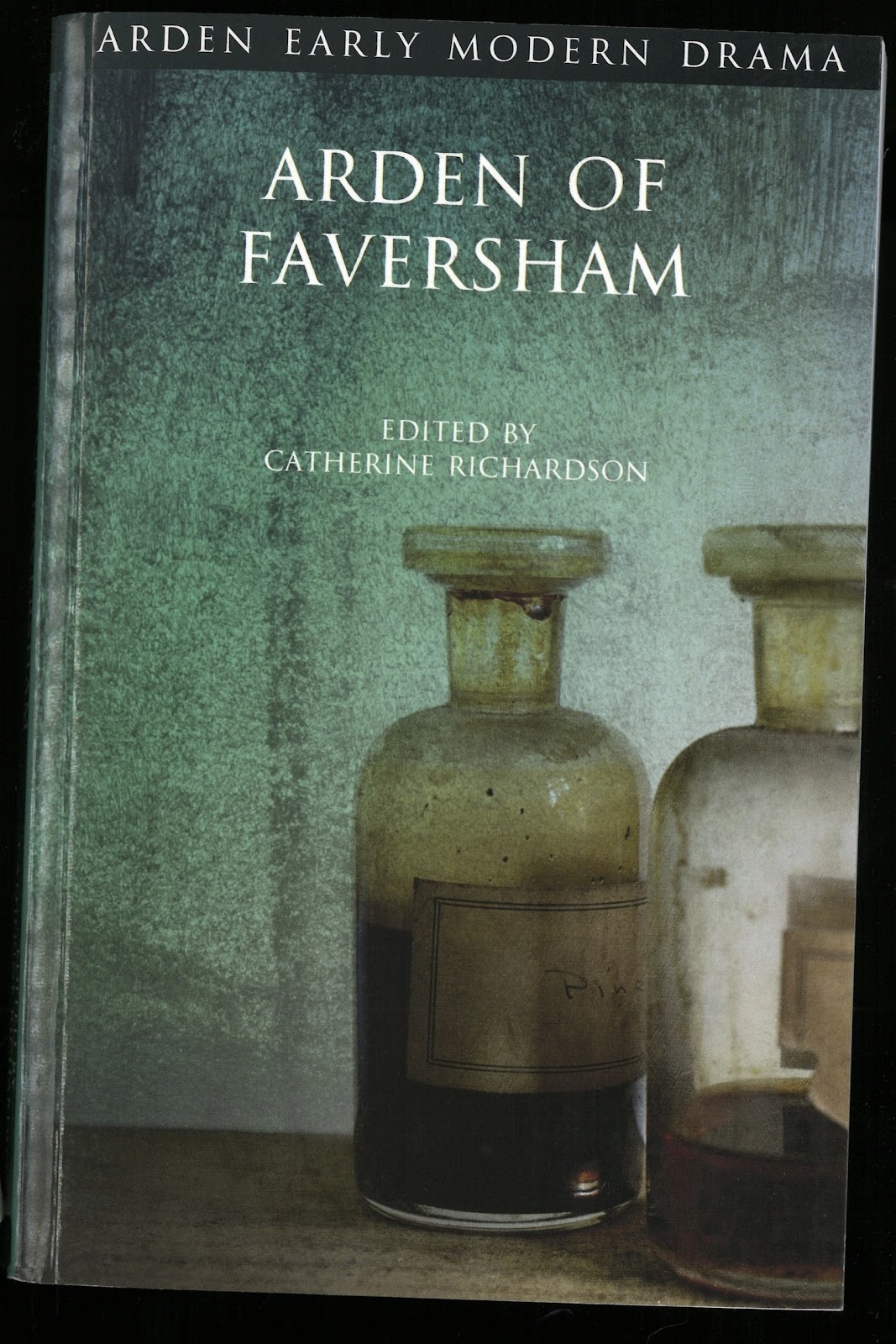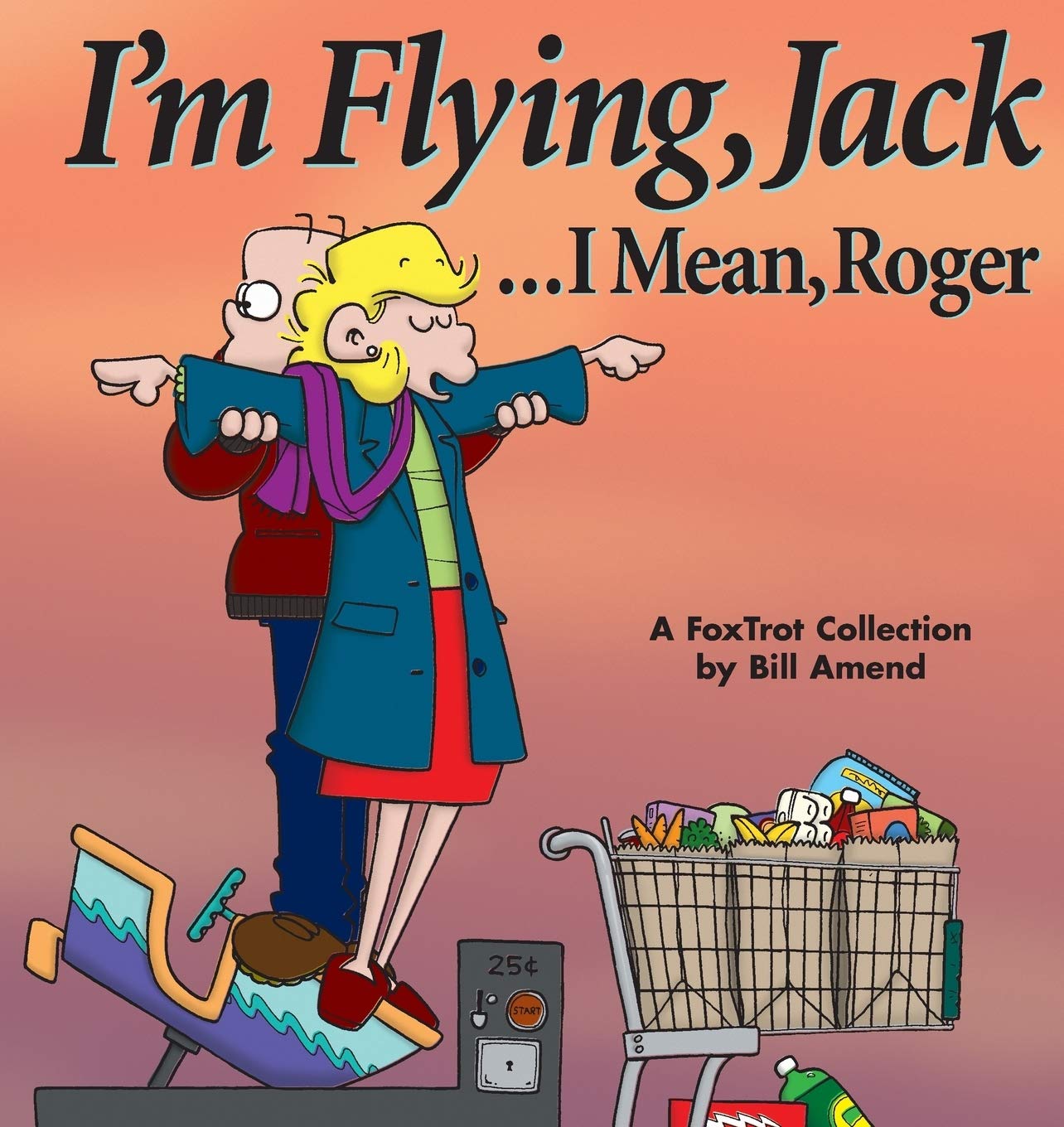“Reputation.” By Russell Lewis and Stephen Churchett. Perf. Charlie Cox, Sophie Winkleman, and Colin Starkey. Dir. Bill Anderson. Lewis. Season 1, episode 1. BBC. 30 July 2066. DVD. PDX, 2008.
Having enjoyed the
Endeavor series quite a bit and having a vague familiarity with the
Morse series to which it is a prequel (and having not enjoyed it too terribly much), I decided to try the
Lewis series, which is
Morse's sequel.
Right off the bat, we get some Shakespeare. A woman named Regan Peveril (her name may be an allusion to King Lear, but it's conceivably just coincidence), a brilliant mathematics student, has been murdered. As we get into the case, which involves upper-level maths and high-end automobiles, we start to suspect that a fellow student, Daniel Griffon, is the guilty party. He's a somewhat awkward young man whose father died and whose uncle took over his father's company. And the uncle's name is Rex.
Ringing any bells with anyone out there? It's a bit more subtle than having the uncle named "Claude," but still. And then we learn that his mother's name is Trudi. And then we learn that Rex is the younger of a set of twins, always passed over while everything went to his older (if only slightly) brother. And Daniel suspects him of having tampered with the brakes in his father's car, leading to the accident that caused his death.
There's a friend of the family named Tom Pollock, and he has a daughter—Jessica—who is in love with Daniel. This gives us the possibility of an Ophelia analogue.
More incidentally, one character asks another if, when his aunt died, she "made a good end," which is what Ophelia, in her madness, says about her father.
And here's one more quick crossover. Michael Maloney plays the role of Igor Denniston, the maths professor. I know him best for two Hamlet-related roles: Laertes in the Kenneth Branagh Hamlet and the director/ actor in A Midwinter's Tale.
Note: Probable Spoilers from this point forward.
Years earlier, Morse had investigate a case involving Daniel Griffin. It turns out that Daniel tampered with the brakes in his uncle's car in an attempt to gain revenge on his uncle. But nothing came of it—except a crypic note alongside one of Morse's beloved crossword puzzles: "Polo not king after all"
Later, we learn that the reason Daniel thinks his uncle killed his father—despite the police case indicating that there were no problems with the brakes and ruling the death an accident—was that his father appeared to him in a vision and told him that his brother had murdered him.
Eventually, all the clues start to come together. Secrets are revealed. Our Ophelia analogue walks into a river with her pockets full of rocks because of one of those revelations. And it all wraps up.
Here's a fairly-lengthy clip with the relevant Hamlet material:
I'm not going to give you spoilers beyond what I've already given. But the episode plays cleverly and amusingly with the plot of Hamlet—with some important twists to keep us guessing. Track it down and give it a try.
Links: The Episode at IMDB.
Click below to purchase the complete season from amazon.com
(and to support Bardfilm as you do so).


